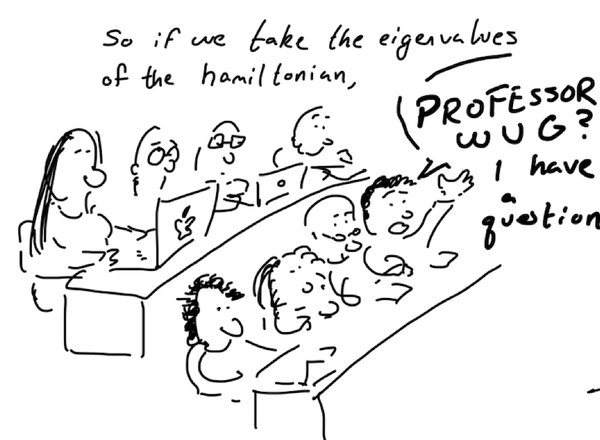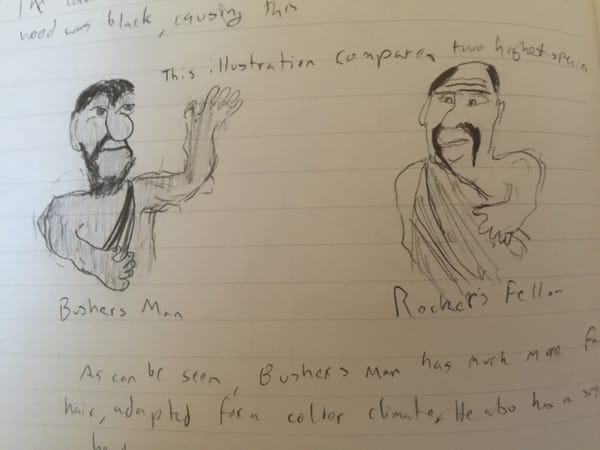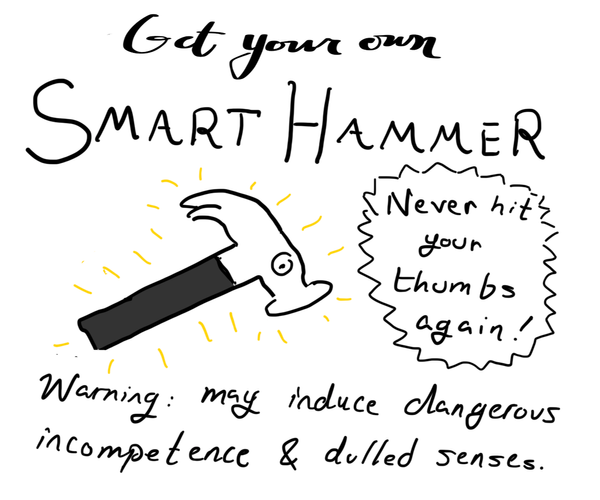Riddle Membership Philosophy
TLDR: Riddle Press is not in the business of getting your business... All of our substantiated ideas will always be publicly accessible. Our membership & newsletter exist to nurture practices: both for our readers and writers.
Riddle Press is not in the business of getting your business. Some sites (too many) in this space of tools-for-thought are bad paint jobs over passive income schemes. Subscribe to our course, and learn the secrets of PKM from someone who knows nothing about your unique problems! What ‘content’ you’ll find for free is either designed to entice you to pay, or heavily features suspicious tie-ins with sponsored products. Any site that does this cheapens their thoughts and loses their credibility as a thinker.
The purpose of Riddle Press is to promote discourse around the topics we think matter most. Not, mind, to distribute our ideas on these topics – which might well be wrong – and certainly not to market ourselves as some authority. We want to start conversations, and share and develop practices to live and think more deeply with and about technology.
The internet provides many models for sharing ideas, all coupled with corrupting incentives.
- The goodness-of-the-heart model: Give everything away for free! The more time one spends writing in this way, the less financially sustainable it is, and the greater the pressure to migrate to one of the below models and ‘monetize’ one’s audience. For the audience, such rare gems of internet publishing are like a blogger walking on water – and seem both fragile and suspicious. Suspicious because there’s no known business model; fragile because, without a business model, they might sink at any time.
- The ad-supported: free with sponsored content, or worse. Financially, eyeballs are all that matter, so try to attract ‘em. Such blogs feel a gravitational attraction to becoming not purveyors of ideas, but rather suppliers of distraction (a product we are all strangely willing to pay for). This model can be managed without falling into these traps, but requires discipline on the part of the writer.
- The membership program: pay for subscriber exclusives! Although this best aligns the interests of the (paying) reader and writer, it can go contrary to the larger goal: sharing ideas with the world at large. The incentive is to hide everything of value behind a paywall, and turn everything free into a marketing shtick for the membership program. As above, this can be avoided only through the writer’s discipline.
To best achieve our goals of promoting discourse around the ideas we find consequential, Riddle uses a hybrid model of (1) and (3), with this commitment to our readers:
All of our substantiated ideas will always be publicly accessible. Our membership & newsletter exist to nurture practices: both for our readers and writers.
Here are some examples:
- The Riddle Book Club, where we read 1–3 books a week, and share our thoughts-in-progress and reading plans, is a member exclusive. Those who join are invited to read (some) of the books with us and contribute to the discussion. However, the Riddle Book Review – the final, polished essays produced for each book – will always be free.
- In our tools-for-thoughts posts, we provide ready-made automations to our members to reduce the friction of trying new stuff out. However, the pieces behind each automation are always publicly described. Making the ready-made automations member exclusive gives our members confidence that the automation will be maintained for them over time, and gives us the ability to release it without inviting an avalanche of requests for help from people without the automation chops to assemble and troubleshoot the thing themselves.
- The one exception to the above is our Riddle webcomic, which, because it’s more entertainment than philosophy, we occasionally release in member-exclusive installments. So it’s really ‘All of our substantiated ideas, not including comic strips…’
Joining the ‘Riddle Scholar’ program is an act of generosity – you’re helping us develop the discourse around tools for thought – but it’s also an invitation, from us to you: to engage more deeply with our work, and to use our tools for thought in your own life.





